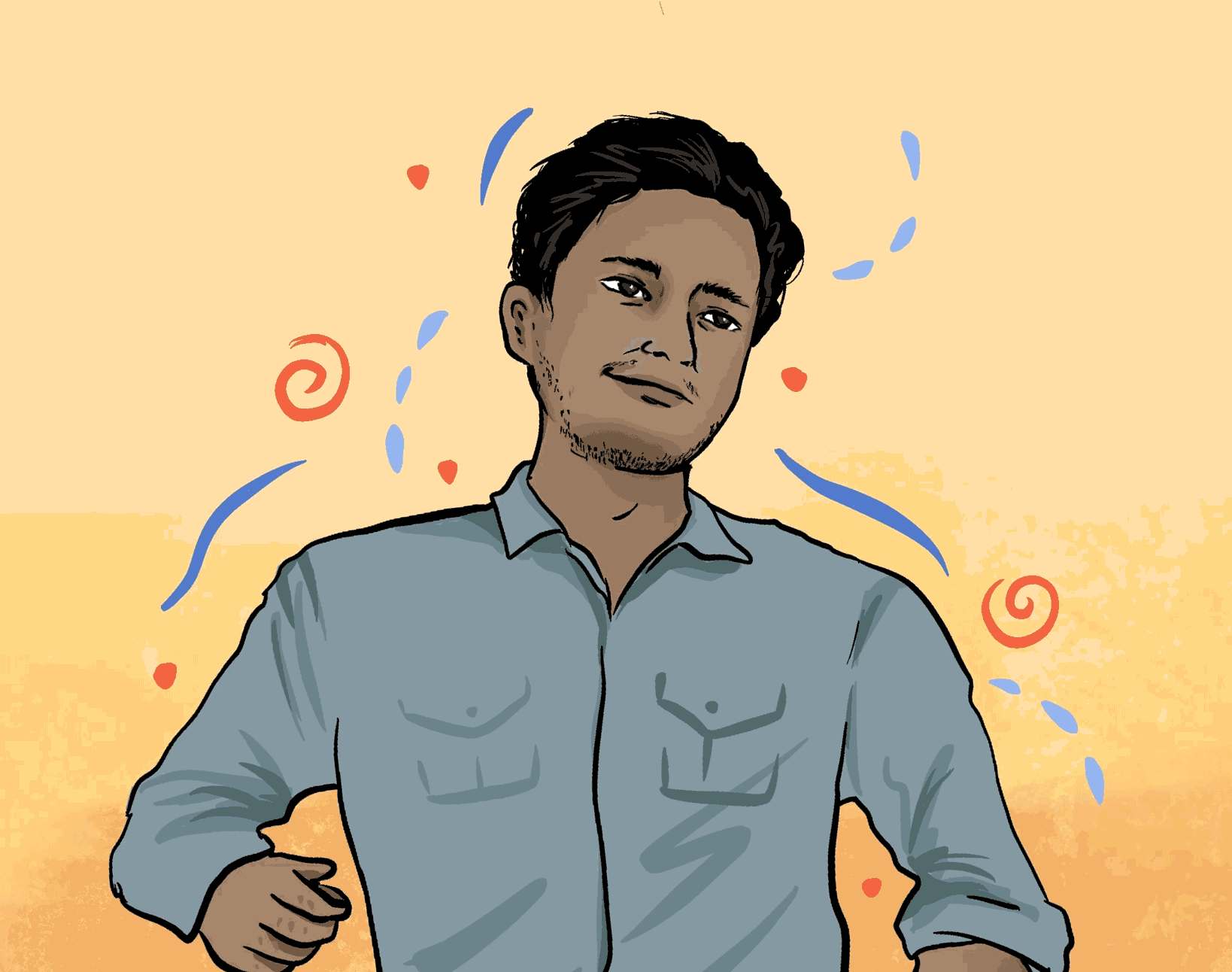“I should share what I have with the community.”
(Bangladesh, July 16, 2021)—Myanmar authorities have long denied Rohingya equal access to citizenship, healthcare, and education. For decades, discriminatory restrictions have curtailed the dreams and futures of Rohingya in Myanmar.
“Since childhood, I wanted to be a doctor to cure people, regardless of their color, race, or religion,” Zahid—a Rohingya refugee living in Cox’s Bazar District, Bangladesh—told Fortify Rights. “But my dream was shattered.”
Despite doing well in school, Zahid was unable to attend university due to travel restrictions imposed by the Myanmar authorities against Rohingya.
Born and raised in Buthidaung Township in northern Rakhine State, Myanmar military-led attacks in 2017 forced Zahid and his family to flee the country.
“There was a village called Maung Gyi Htaunt near my village. In the morning, [the village] was burning. The military set fire to the village. That village was close to us, so we left our home and started traveling here [to Bangladesh]. We had to travel almost 15 days to reach Bangladesh.“
For Zahid, leaving Myanmar meant leaving home, but not hope behind.
In 2018, Zahid co-founded a civil society organization to help Rohingya refugee children and youth who experience gaps in education in Bangladesh’s refugee camps.
“At that time, I realized that I should share what I have with the community. That’s why I formed Rohingya Youth for Legal Action. Now, we have almost 20 home-based education centers.”
Rohingya Youth for Legal Action has more than 50 members involved in 20 refugee camps in Cox’s Bazar District. The members support home-based learning in various subjects, including English and Burmese language, history, and math.
“The reason we founded the organization is to provide education for the community and to work on women’s empowerment. We contribute ourselves, and our members contribute themselves. They sacrificed their money, effort, and everything for the community. “
Rohingya Youth for Legal Action also works to advocate for full citizenship rights for Rohingya inside Myanmar. When asked about the future, Zahid said: “Being an indigenous person of Myanmar, I hope we can go back and be entitled to our rights. I hope the international community will find solutions with us.”
